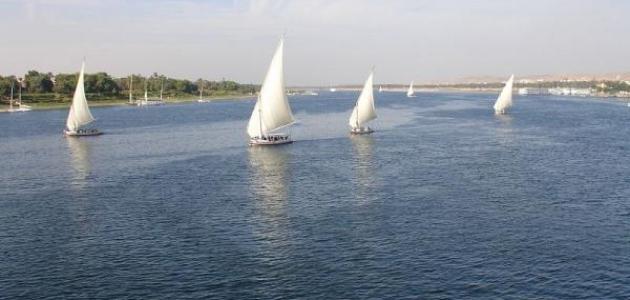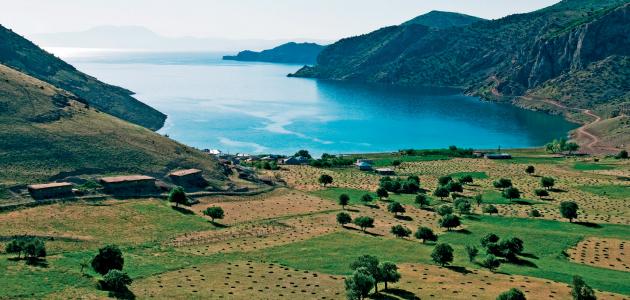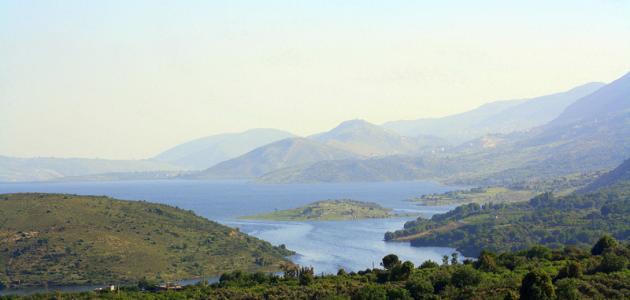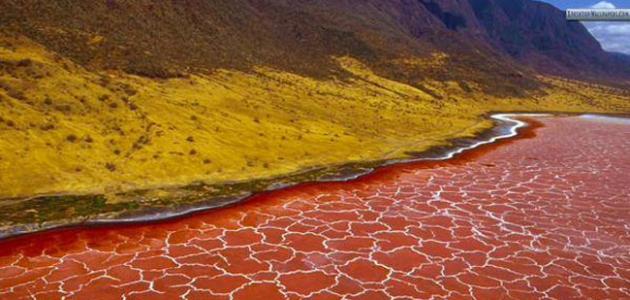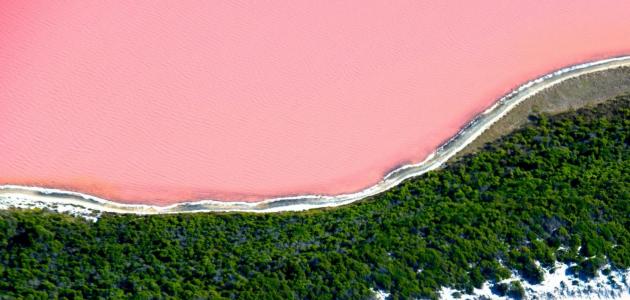The Nile River
The Nile River is the longest river in the world, and it is located in the northeastern part of the continent of Africa, and its course begins from the source of the rivers that flow into Lake Victoria in the south and then heads north to the mouth in the Mediterranean Sea with a total length of 6,695 km, and its course passes through ten African countries called The names of the Nile Basin countries are: Tanzania, Rwanda, Burundi, Uganda, the Democratic Republic of the Congo, Eritrea, Kenya, Ethiopia, South Sudan, Sudan, and Egypt.
The origin of the name of the Nile River
The origin of the naming of the Nile River by this name, according to what some people believe, is related to the Greek word “Nilos” which means valley, and others suggest that the origin of its name comes from the Semitic word “nahal” which means river, and the Nile River is generally considered one of the oldest geographical names in the world .
Some facts about the Nile River
There are many facts about the Nile River, including the following:
- The Nile River consists of two main tributaries that feed it: the White Nile, which is the longest and is the main water source, and the Blue Nile, which carries with it about two-thirds of the river's water volume and silt.
- The Nile River had a great role in helping to build the pyramids, as stones were transported by boat across the river.
- The southern regions of the Nile River are home to the largest and fiercest species of crocodiles.
- The construction of the High Dam in the city of Aswan reduced many problems. Floods and famines by regulating water levels.
- The ancient Egyptians worshiped a deity known as Hapi in the belief that he would bring fertility through floods to the lands surrounding the Nile River.
- Nearly half of Egypt's 80 million people live in the Nile Delta region.
- The ancient Egyptians played a popular sport in the Nile River called water jousting.
The importance of the Nile River in the past
The importance of the Nile River in the past was represented in the following:
Read also:Theme of the expression of the Nile River in Egypt- The Nile River had a prominent role in the existence of the Egyptian civilization in the past. The Nile River was considered the only source of moisture that kept crops growing.
- The Nile River was the main means of transporting goods and moving from one place to another, which gave it great importance in trade and transportation.
- The Nile flood had a great impact on the lives of the ancient Egyptians, despite the harsh climate in Egypt. The occurrence of the flood left a brown mud layer rich in nutrients when it receded, which provided a suitable environment for the growth of plants, so the Egyptians took advantage of this and established irrigation channels to irrigate the plants, which led to the flourishing of agriculture that contributed to the establishment of the ancient Egyptian civilization.
- The Nile Delta region was an ideal location for the manufacture of papyrus, which was used to make paper, fabrics, boxes, and ropes, using the reeds that grew on the banks of the Nile.
- The people who lived on the banks of the Nile used nets and spears to catch fish, and the birds that were flying near the surface of the water there.
- The Nile River also had a spiritual significance; The ancient Egyptians believed that the Nile River was the path between life and death, and the western side of the river, according to their belief, was the place of death. That is why they built all their tombs there on the western side of it.
The importance of the Nile River recently
The importance of the Nile River recently is represented in the following:
Read also:What is the longest river in Lebanon?- Approximately 95% of Egypt's population lives on the banks of the Nile River.
- The waters of the Nile River have been a very important means of transportation for thousands of years, and at present some Egyptians use fast and private boats, water taxis or ferries across it to avoid the crowded streets.
- The Nile River system allows water to flow over vast swaths of African land and is therefore responsible for supporting the lives of the millions of people who live on its banks today.
- Many countries in Africa, such as Rwanda, Burundi, Sudan, Uganda and Tanzania benefit from the Nile River; Its people depend on it for agriculture, transportation, and fishing.
- The Nile River is the main water resource in Egypt, as it represents more than 95% of the total water resources in it, and Egyptians depend on it to obtain fresh water to use for drinking, cooking, cleaning, and others.
- The Nile River is known as a very rich source of fisheries.
- Industry in Egypt depends heavily on the waters of the Nile River.
- It is a very important source of electricity generation in Egypt.
- It contains a diverse ecosystem, as it is home to many animals such as crocodiles, hippos, hundreds of birds, turtles, fish, monkeys, and others.
Sources of pollution of the Nile River
There are many sources of pollution for the Nile water, including the following:
Read also:Where does the Danube River flow?- Industrial wastewater disposal.
- Residues of pesticides and chemical fertilizers placed on crops.
- radioactive discharge.
- Oil pollution.
- Disposing of waste by dumping it in the river, and cleaning animals in the river water.
Problems resulting from pollution of the Nile River
There are many problems that occur due to pollution of the Nile River, including the following:
- The problem of pollution of drinking water in the Nile River has led to the spread of many serious diseases such as cholera, schistosomiasis, and hepatitis. Some studies mentioned that 38 million Egyptians drink and irrigate plants and crops from polluted sewage water.
- The amount of untreated or partially treated industrial pollutants that enter the water is estimated at about 4.5 million tons annually, according to the Egyptian Organization for Human Rights.
- According to many reports and studies, 100,000 people are diagnosed with cancer every year, and 15,000 people suffer from kidney failure in addition to other diseases due to the pollution of the Nile River waters in Egypt.
- The dumping of waste and the habit of cleaning animals in the Nile River causes the spread of many diseases, especially schistosomiasis.
